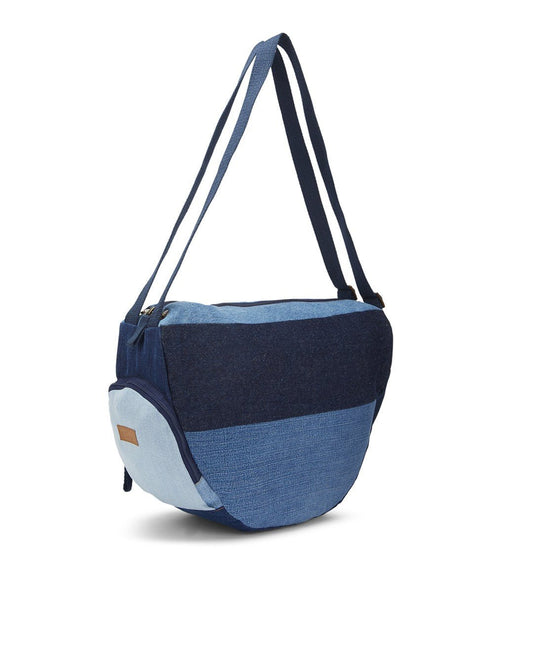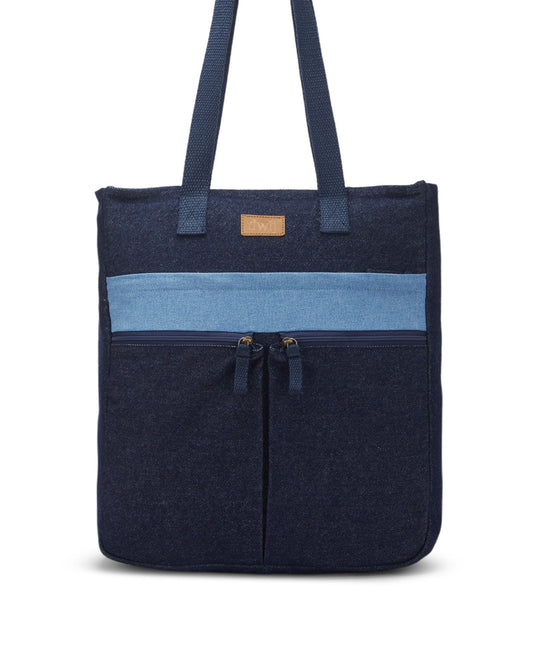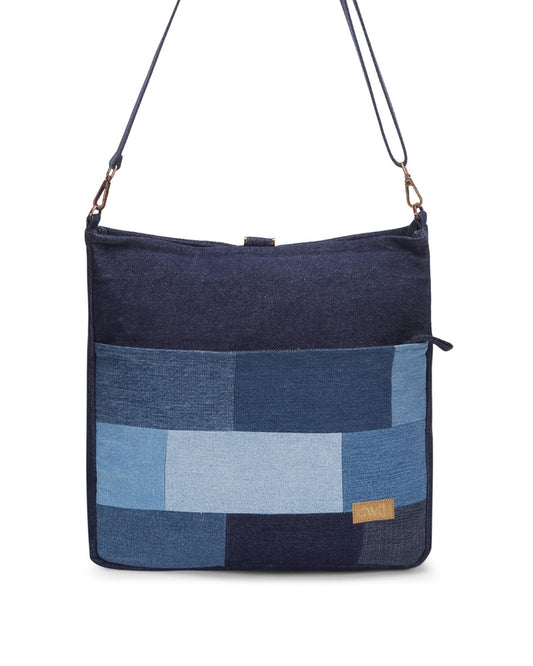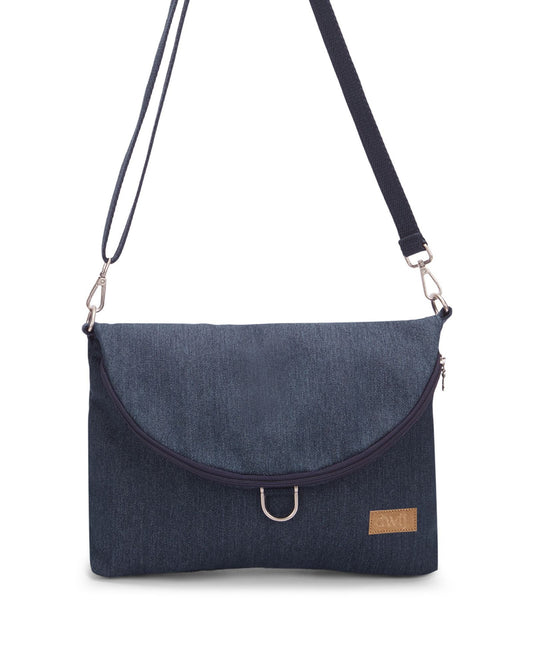
Most places we go to and the people we meet, everyone seems to be talking about zero waste and quite rightly so. But what is zero waste and is it even achievable? If achievable, then, is it sustainable? In order to start our own zero waste journey, let’s start at the beginning.
The Zero Waste International Alliance (ZWIA) defines Zero Waste as: The conservation of all resources by means of responsible production, consumption, reuse, and recovery of products, packaging, and materials without burning and with no discharges to land, water, or air that threaten the environment or human health.”
Sounds very intimidating and utopian, right? But, if not the whole nine yards, it is certainly possible to get to this ideal to a fairly large extent.
Let’s see how we can make a difference to the ecology and environment of our planet in 2022.
Zero waste hacks for beginners
1. We need to start by identifying the high waste areas of our lifestyle
It may differ for people and households, but for the majority of us, groceries we buy, cleaning agents we need month after month, the take-out food we order, all come wrapped or packaged in single-use plastic and that truly is heartbreaking.
We can start by making conscious choices at the supermarket, buying supplies that can be refilled after the first use, we even get refillable beauty products now, carry our own shopping bags, start making our own non-toxic cleaning agents at home, recycling kitchen waste to make bio-enzyme, which is organic and have magical, multi-purpose cleaning properties. As for take-out food, we can be conscientious whilst ordering, order more and ask for less packaging, say no thanks to ketchup and condiments that almost never get used. Further, we could encourage outlets using eco-friendly packaging for their food.

2. Gradually become aware of where else the principle of zero waste can be applied. If you cannot remove, reduce
We are creatures of habit. If we make a conscious decision to care for our planet, other aspects of our lives will start throwing up pleasant surprises upon us. The more we care about producing zero waste, the more we will think of wasting less. Just like the aphorism, ‘Less is more’. We will buy less, use everything till it’s actually over (squeeze that last bit of toothpaste before throwing the tube) and therefore create less waste. We will also perhaps pause, reflect and think before purchasing a dress or a pair of shoes that we might not really need at the time.
3. Substitute single use plastic with eco-friendly, zero-waste options
Our kitchens are visibly one of the most evident places where we can see a lot of single use plastic. Start by replacing plastic water bottles with glass bottles (recycled wine, whisky, juice bottles), and plastic jars with glass mason jars (recycled coffee, honey, jam jars) to store everything. When buying vegetables at the local farmer’s market, it’s a great idea to carry your own cloth shopping bags.
4. Put all your kitchen waste to good use
Composting is a great way of recycling all food waste into a valuable fertilizer that enriches soil and can be used for gardening and growing your own herb and vegetables.
5. Reuse, upcycle and re-purpose
I think we need to train our brains to be able to look at most things we think we don’t need, in a new light. If we think we need to throw the shower wash dispenser, can we not use it to refill it with sanitizer and put it to good use? Upcycling old jeans gives a new lease of life to them and the planet. Old woolen jumpers could be used to make patchwork cushion covers and duvets, old t-shirts make superb wash-cloths for cars and scooters.

6. Buy zero waste or eco-friendly products
While it may not always be possible to find a zero waste substitute, honestly, if we look hard enough, we’ll find an alternative. For instance, we could use a bamboo toothbrush instead of a plastic one. And when it's time to get a new one, we know bamboo decomposes while plastic does not.
Thrifting is a great way to add more to the less. We add value to things that have already been used and we are finding a way to make use of them again. By doing this we are partaking in the cycle of reusing rather than buying new.
7. Support eco-friendly businesses
When we buy from small eco-friendly initiatives we are naturally and organically giving a boost to a sustainable, low waste lifestyle. Making it a personal choice will in some way become an extension of society.
It’s chic. It’s fashionable and it’s ecological. Give an earnest shot to going zero waste this year; you will not regret it.






